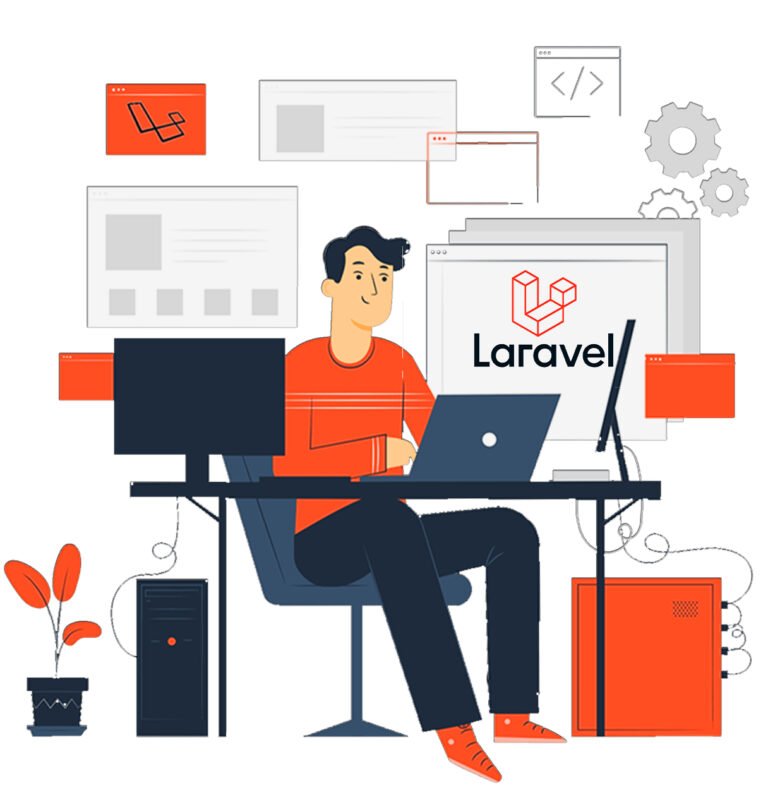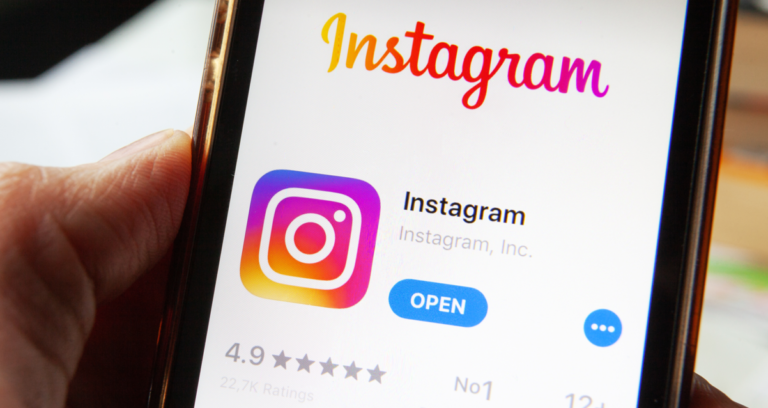NLP Services: The Secret Weapon for Competitive Analysis
Introduction: Gaining the Upper Hand with Competitive Analysis
In today’s fiercely competitive business landscape, understanding your rivals isn’t just important—it’s essential. Companies across all sectors are seeking more advanced tools to stay ahead of competitors. The ability to quickly and accurately analyze massive volumes of data about competitors can make the difference between staying ahead or falling behind. This is where Natural Language Processing (NLP) services come into play.
For a 2D game development company, for instance, knowing how competitors are performing, what users are saying, and identifying market gaps can shape a game’s success. NLP services provide a way to automate and enhance competitive analysis, turning unstructured data from reviews, social media, and news articles into actionable insights. This blog will dive into how NLP services are transforming competitive analysis and helping businesses gain an advantage.
What Is Competitive Analysis in the Digital Era?
Competitive analysis today goes beyond monitoring competitors’ pricing or product features. It encompasses the real-time analysis of vast amounts of unstructured data—feedback from social media, product reviews, industry news, and user forums. Understanding sentiment, market trends, and emerging user needs allows businesses to refine their strategies.
For a 2D game development company, this might involve assessing player feedback on competitors’ games, identifying features players love or hate, and analyzing industry trends to develop better game mechanics or user experiences. NLP services enhance this process by automating the extraction of meaningful patterns from massive amounts of textual data, making competitive analysis faster and more effective.
How NLP Services Power Competitive Analysis
NLP services play a key role in interpreting unstructured data, such as text-based reviews, news, blogs, and social media comments. Here are the technical aspects of how NLP enhances competitive analysis:
1. Sentiment Analysis: Understanding Market Perception
Sentiment analysis allows businesses to gauge how users feel about a competitor’s product or service. Using NLP services, businesses can analyze customer reviews, tweets, and forums to identify positive, negative, or neutral sentiments. This provides insights into customer satisfaction levels and potential areas for improvement.
For a 2D game development company, sentiment analysis can uncover valuable insights about competitor games. Are users complaining about long loading times? Are they loving a new gameplay feature? NLP services can pick up on these patterns and help companies adjust their strategy to match or exceed player expectations.
2. Topic Modeling: Uncovering Trends and Key Conversations
NLP services use topic modeling to detect themes and patterns within large datasets. By analyzing thousands of reviews or articles, businesses can identify emerging trends, popular features, or recurring complaints across their industry.
A 2D game development company can use NLP-powered topic modeling to discover what features are gaining traction in the gaming community. If users are frequently discussing a new game mechanic in competing games, developers can explore similar innovations or create something even better.
3. Named Entity Recognition (NER): Identifying Key Players and Products
NER helps in identifying important entities within unstructured data—such as competitors, product names, or geographic locations. With NLP services, businesses can automatically extract and analyze these entities, making it easier to track key competitors and their products.
For instance, a 2D game development company could use NLP-driven NER to monitor which competitor games are receiving the most buzz or which gaming platforms are becoming more popular. This data is critical for making strategic decisions about game development and distribution.
4. Competitor Benchmarking: Data-Driven Comparisons
NLP services allow businesses to benchmark their performance against competitors by processing and comparing user feedback, online mentions, and product reviews. This enables organizations to gain a clear understanding of their competitive standing in the market.
By using NLP, a 2D game development company can quantify how its games perform in comparison to competitor titles by analyzing public reviews and sentiment. For example, a game may receive fewer complaints about bugs or have more positive feedback regarding its storyline compared to a rival game. This data is instrumental in improving both the product and user experience.
The Impact of NLP-Driven Competitive Analysis on Business Capabilities
Faster Decision-Making
The manual collection and analysis of competitor data is slow and resource-intensive. NLP services automate much of the process, providing real-time insights. This speed allows businesses to react quickly to changes in the market, such as new competitor product launches or shifting customer preferences.
For a 2D game development company, quick decision-making is critical in an industry where player preferences evolve rapidly. With NLP services, developers can identify what’s trending and implement adjustments in near real-time, whether it’s releasing a patch, redesigning a level, or launching a new marketing campaign.
Improved Product Development
By leveraging NLP services for competitive analysis, companies can enhance their product development strategies. By understanding the strengths and weaknesses of competitor offerings, businesses can identify features to improve or innovate upon. This helps companies not only stay relevant but also push the envelope in terms of product design and customer satisfaction.
For example, if a 2D game development company finds that users are constantly praising a competitor’s game for its unique art style but criticizing its repetitive gameplay, this provides clear guidance on where to focus efforts: improving gameplay mechanics while maintaining a distinct visual appeal.
Market Opportunity Identification
NLP services help businesses identify gaps in the market by analyzing competitor weaknesses or unmet customer needs. This can lead to innovative product offerings that differentiate a company from its competitors.
A 2D game development company could identify that players are clamoring for more multiplayer options in certain genres but competitors have been slow to respond. By focusing development on this gap, the company could carve out a niche for itself and attract a dedicated player base.
Overcoming Competitive Challenges with NLP Services
Handling Data Overload
In the digital age, businesses have access to more data than ever before. However, managing and interpreting this data can be overwhelming. NLP services provide the necessary tools to turn this data into structured, meaningful insights, allowing businesses to process vast quantities of unstructured text data efficiently.
For companies like a 2D game development company, analyzing every piece of feedback from forums, reviews, and social media would be near impossible without automation. NLP helps these businesses break down the data, ensuring no critical insights are missed.
Staying Ahead of Competitors
Markets evolve rapidly, and businesses must be proactive rather than reactive to stay competitive. NLP services enable companies to continuously monitor competitors and adapt to market changes before falling behind.
For a 2D game development company, integrating NLP services means always having a pulse on the gaming industry—knowing what’s popular, what’s fading, and what’s emerging. This allows them to refine their games and marketing strategies continually.
The Future of Competitive Analysis with NLP Services
The use of NLP services in competitive analysis is only set to grow. With ongoing advancements in AI, companies can expect even more accurate, detailed, and predictive insights. As NLP models improve, competitive analysis will evolve from merely tracking what competitors are doing to predicting future trends and customer behaviors.
In industries like gaming, where competition is intense and user preferences shift frequently, businesses that leverage NLP will continue to hold a significant advantage. A 2D game development company can stay ahead by utilizing NLP not just for reactive analysis but to anticipate future player needs and market movements.
Conclusion: Empowering Businesses with NLP-Powered Competitive Insights
Competitive analysis is no longer just about tracking your rivals—it’s about leveraging sophisticated tools to turn vast amounts of data into actionable insights. NLP services are the secret weapon that allows businesses to analyze their competitive landscape efficiently and make informed decisions. Whether you’re a 2D game development company or an e-commerce platform, NLP-powered analysis is essential to staying ahead of the curve, ensuring that you remain competitive in an ever-changing market.






